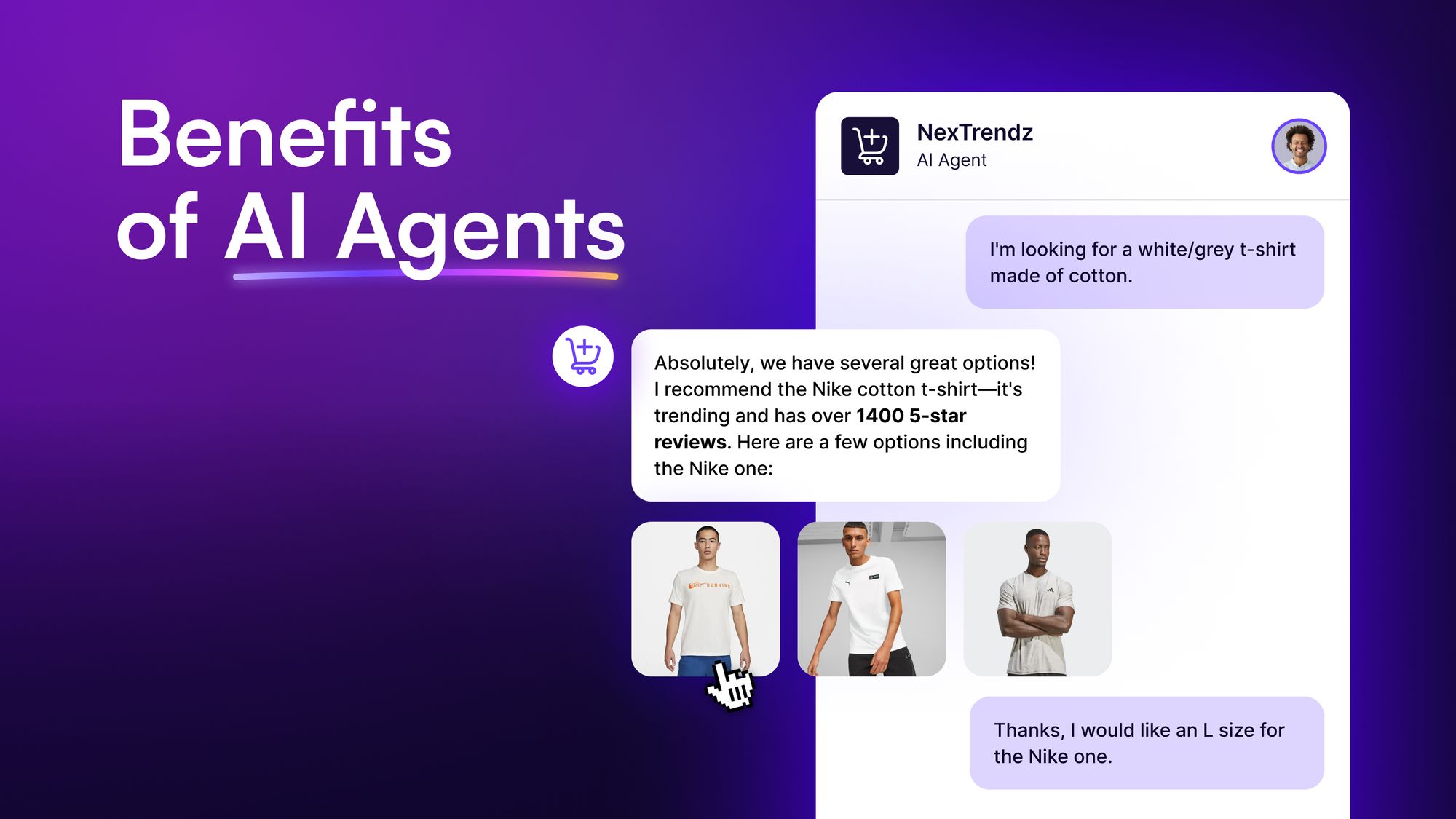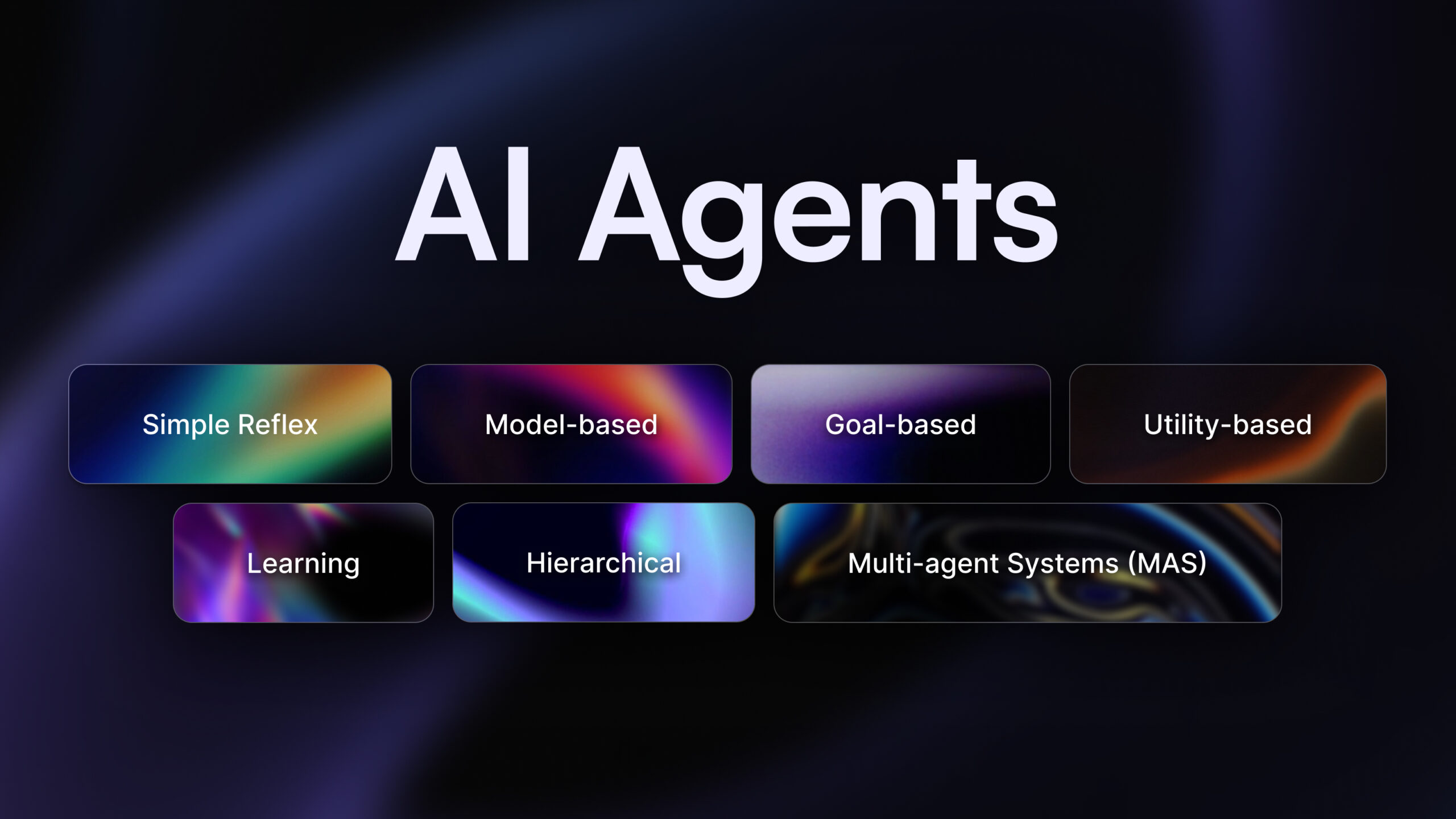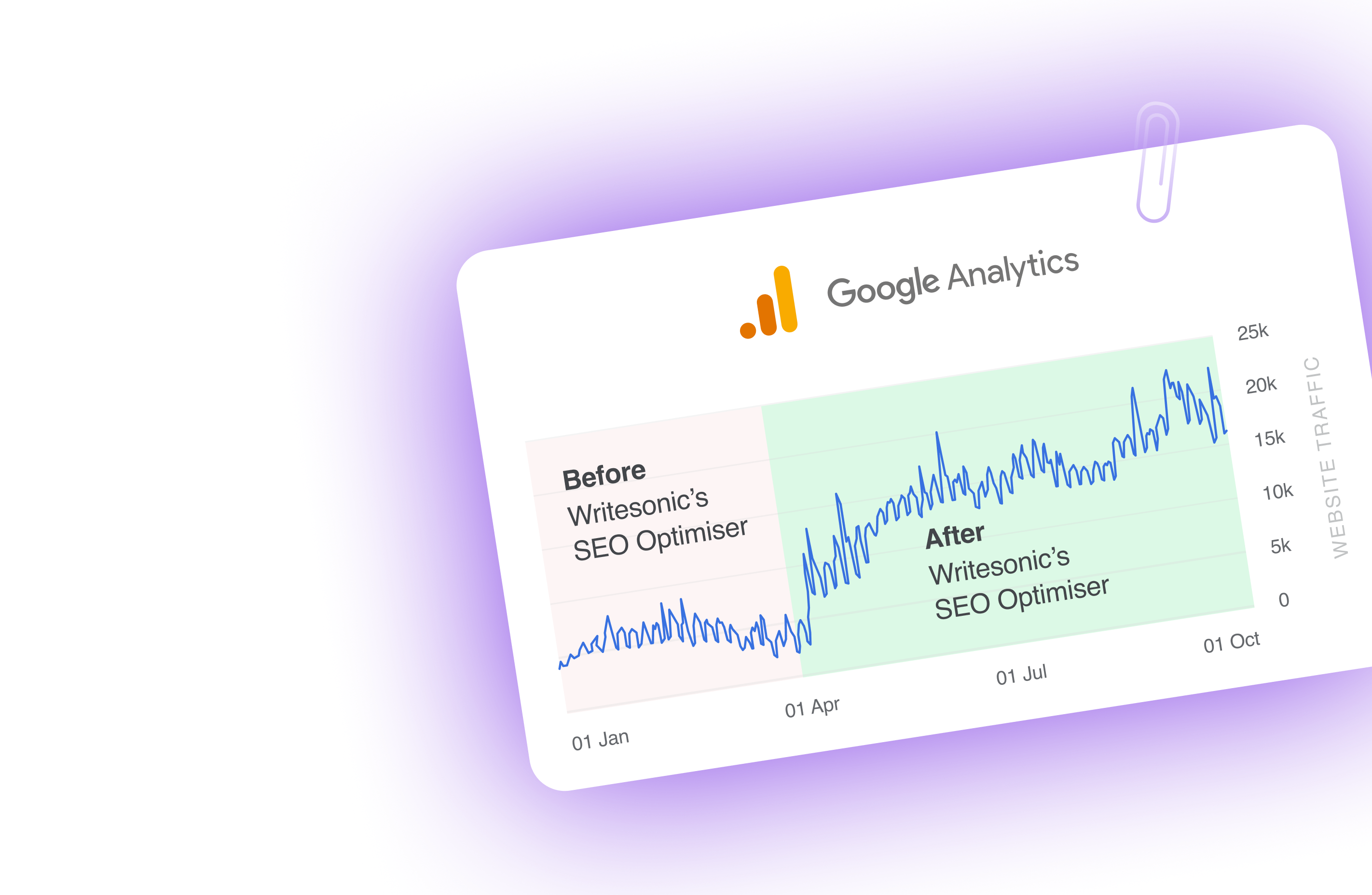If you own an e-commerce store, you know how valuable organic traffic is for your business.
It’s one of the most valuable and consistent means of sales. In fact, 33% of the total e-commerce search traffic constitutes of organic, unpaid traffic.
However, to get organic traffic, you need to rank on SERPs, which isn’t always difficult, especially when you’re dealing with a competitive industry.
If you’re still manually handling e-commerce SEO or using generic tools, you might be far behind from your competitors. How to change that? By using AI agents for e-commerce SEO.
These bots — capable of analyzing data and automating processes — can change the way you optimize your e-commerce website for search engines.
In this article, we’ll discuss all about AI agents for e-commerce SEO and also share six strategies how you can implement them in your business.
Want to know the various ways you can use AI agents? Discover their capabilities and use cases in our guide “What are AI Agents?“
AI Chatbots vs AI Agents for E-commerce SEO: What’s different?
Before we dive into how AI agents are transforming e-commerce SEO, it’s crucial to understand the difference between AI agents and AI chatbots. While both utilize artificial intelligence, their applications in e-commerce SEO differ significantly.
AI chatbots are primarily designed for customer interaction and basic information retrieval. They can answer frequently asked questions about products or guide users through the purchasing process, but their SEO capabilities are limited.
Check how ChatGPT, a popular AI chatbot, answers queries related to e-commerce SEO.
It gives a list of generic keywords related to “children’s clothing” without considering your domain, the keyword difficulty, relevancy, and other factors. Any person who’s familiar with search engine optimization knows that these keyword suggestions aren’t really useful.
On the other hand, AI agents are sophisticated tools capable of performing complex tasks and making data-driven decisions. In the context of e-commerce SEO, AI agents can analyze vast amounts of data, identify patterns, and execute strategies to improve search rankings.
AI agents work behind the scenes to optimize various aspects of your e-commerce SEO strategy, from keyword research to content optimization.
See how Chatsonic, an AI agent for e-commerce SEO, suggests keywords for the same query.
Notice how it gives tailored results that is specific to e-commerce SEO pages, along with the search volumes, keyword difficulty, and other relevant data about the keywords.
This is one of the many differences between AI agents and AI chatbots. Another difference is that, unlike AI chatbots, AI agents are connected to external tools like SEO, marketing, and publishing platforms, which allow them to access and analyze exclusive data.
Now that you know the difference between AI agents and AI chatbots, let’s discuss a few ways you can use them to streamline your e-commerce SEO strategy.
Read our guide on AI agents vs. AI chatbots to learn more about their differences.
Using AI Agents for E-commerce SEO
Here are some ways you can use AI agents for e-commerce SEO in your business:
1. E-commerce specific keyword research
Keyword research is the foundation of any SEO strategy, and e-commerce SEO is no different. But it’s particularly difficult to rank e-commerce content due to the vast number of products and the need to target commercial intent.
If you use generic SEO tools, you get a bunch of keywords without considering the search intent, which doesn’t work for e-commerce.
For example, generic AI tools might first suggest keywords with informational intent such as “what is…” or “how to…”
But, for e-commerce, most searches will be product-related and of commercial or transactional intent. Manually sorting through these keywords to find the ones that will drive sales can take hours, if not days.
How to use AI agents for e-commerce SEO?
AI SEO agents like Chatsonic are connected to powerful SEO tools such as Ahrefs and Keywords Everywhere. While they access the same insights as you would manually, AI agents take care of important processes like analyzing and sorting the data specifically for e-commerce purposes.
They can conduct keyword research for specific intent types and use cases in minutes, a task that would take hours to do manually. For e-commerce, they can quickly identify commercial intent keywords that are more likely to drive sales.
Take Chatsonic, for example. The AI agent for e-commerce SEO can help simplify your e-commerce-specific keyword research:
Notice how Chatsonic provides a detailed report focusing on commercial and transactional intent keywords. These are the searches most likely to result in sales for your e-commerce store.
This level of detailed, intent-focused keyword research allows you to optimize your product pages, category pages, and even your site structure to match what your potential customers are actually searching for when they’re ready to make a purchase.
2. Product page optimization
Product pages are the lifeblood of any e-commerce website. They’re where window shoppers turn into paying customers. But, optimizing product pages for SEO is a unique challenge.
Product pages need to be optimized differently compared to usual articles and blog posts. They involve more keywords which need to be strategically placed to avoid getting flagged as keyword stuffing.
Also, many product pages are usually identical, so there needs to be enough difference between the content so Google doesn’t see it as duplicate.
Manually managing and optimizing thousands of product pages isn’t just difficult — it’s nearly impossible to do effectively at scale.
How to use AI agents for e-commerce SEO?
AI agents can write and optimize product pages with the right balance of keywords and other necessary SEO techniques — all while maintaining a natural, persuasive tone that encourages purchases.
This includes optimizing alt texts for images, page headings, and other elements that are crucial for ranking a product page.
Here’s how Chatsonic helps optimize a product page, for instance:
Chatsonic creates a product description that naturally incorporates the target keywords while highlighting the product’s key features and benefits.
This scale of optimization, when applied across thousands of product pages, can significantly boost your e-commerce site’s visibility in search results and improve conversion rates.
3. Optimize content for rich snippets
Rich snippets are crucial for e-commerce sites to stand out in search results and drive click-through rates. They provide additional information directly in the search results, such as product prices, stock availability, star ratings, and product images.
However, not all types of content automatically feature in rich snippets. They need to have specific attributes and structured data markup. Ensuring that every page of your e-commerce site has the right type of content and markup for rich snippets is a complex and time-consuming task.
How to use AI agents for e-commerce SEO?
AI SEO agents can revolutionize rich snippet optimization for e-commerce. They can tailor your existing content for rich snippets by including reviews, ratings, videos, etc. They can also create new content that’s built for rich snippets from the ground up and also create structured data for the same.
Imagine optimizing all your existing e-commerce content for rich snippets in a few clicks. AI agents can do that for you.
Here’s an example of how you can use Chatsonic to generate structured data for rich snippets:
This structured data markup, when implemented on your product page, increases the likelihood of your product appearing in rich snippets on search engine results pages. This can significantly boost your click-through rates and visibility.
By leveraging AI agents for rich snippet optimization, you ensure that your product pages are always primed for maximum visibility and engagement in search results, giving you a significant edge in the competitive e-commerce landscape.
4. Local SEO for E-commerce Businesses
For e-commerce businesses with physical locations or those targeting specific geographic areas, local SEO is crucial.
However, many businesses struggle to create localized content, maintain consistent local listings, and optimize for “near me” searches effectively. This is particularly challenging when dealing with multiple store locations or when targeting various local markets.
Also, keeping up with local search trends and maintaining accurate, up-to-date information across various platforms can also be difficult.
How to use AI agents for e-commerce SEO?’
AI SEO agents can supercharge local SEO efforts for e-commerce businesses. They can analyze local search trends, optimize for “near me” searches, and even generate location-specific content at scale.
These AI agents can help with optimizing Google My Business listings for multiple locations and also generating localized content for each target area. This doesn’t limit to just creating multilingual content, but also identifying local link-building opportunities, analyzing local competitor strategies, and suggesting location-specific keywords and phrases.
Check how Chatsonic helps with local SEO optimization for e-commerce websites:
Observe how the AI agent provides a comprehensive local SEO strategy, including location-specific keywords, content ideas, and optimization tips.
Such localized optimization can significantly improve your visibility in local search results and drive more targeted traffic.
5. E-commerce SEO Competitive Analysis
Staying ahead of the competition is crucial in e-commerce, but manually tracking competitor strategies across thousands of products and keywords is virtually impossible. Many businesses miss out on valuable opportunities because they can’t keep up with the rapidly changing competitive landscape.
Analyzing competitor product offerings, pricing strategies, content approaches, and backlink profiles manually is extremely time-consuming. This often leads to delayed responses to market changes and missed opportunities for improvement.
How to use AI agents for e-commerce SEO?
AI agents can provide deep, real-time insights into competitor strategies. They can continuously monitor competitor backlink profiles, track product and pricing changes, and identify content gaps and keyword opportunities.
See how Chatsonic helps with e-commerce SEO competitive analysis, for example.
Observe how Chatsonic provides a comprehensive competitive analysis, including keyword gaps, content opportunities, and backlink strategies.
By using AI agents for these aspects of e-commerce SEO, you can gain a significant competitive advantage. You can improve the search visibility and user experience of your e-commerce website, which will ultimately help you boost revenue and sales.
6. E-commerce technical SEO
Technical SEO is the backbone of any successful e-commerce website, but managing it can be complex and time-consuming. From site structure to page speed optimization, there are numerous elements to consider.
Many e-commerce sites struggle with issues like crawlability, indexation, and duplicate content due to large product catalogs and complex site architectures. Manually addressing these issues across thousands of pages is not just challenging — it’s often impractical.
For instance, ensuring proper internal linking, optimizing page load speeds, and managing faceted navigation can quickly become overwhelming, especially as your product catalog grows.
How to use AI agents for e-commerce SEO?
AI SEO agents can revolutionize technical SEO for e-commerce by automating many of the complex and time-consuming tasks. They can quickly analyze entire websites, identifying issues that would take human experts hours or even days to uncover.
These AI agents can perform tasks specific to e-commerce-related technical SEO:
- Analyzing site structure and suggesting improvements
- Identifying and resolving duplicate content issues
- Optimizing page load speeds across the site
- Generating and updating XML sitemaps
- Suggesting improvements for mobile optimization
Notice how the AI agent provides a comprehensive analysis of technical SEO issues along with actionable recommendations. This level of detailed, site-wide technical optimization can significantly improve your e-commerce site’s crawlability, indexation, and overall search performance.
Chatsonic: The Best AI Agent for E-commerce SEO
We’ve already discussed the various ways you can use AI agents for e-commerce SEO. While AI agents definitely enhance your search engine optimization strategies, choosing the right AI agent that always gives you reliable results is also important.
Chatsonic, for example, is one of the best AI agents for ecommerce SEO. It is connected to all the necessary SEO tools like Ahrefs and Writesonic to help you with keyword research, competitor analysis, and all other strategies mentioned above.
Whether it’s writing content or optimizing existing pages — you can complete all your e-commerce SEO processes within minutes.
Ready to boost your e-commerce website rankings? Sign up for Chatsonic today.

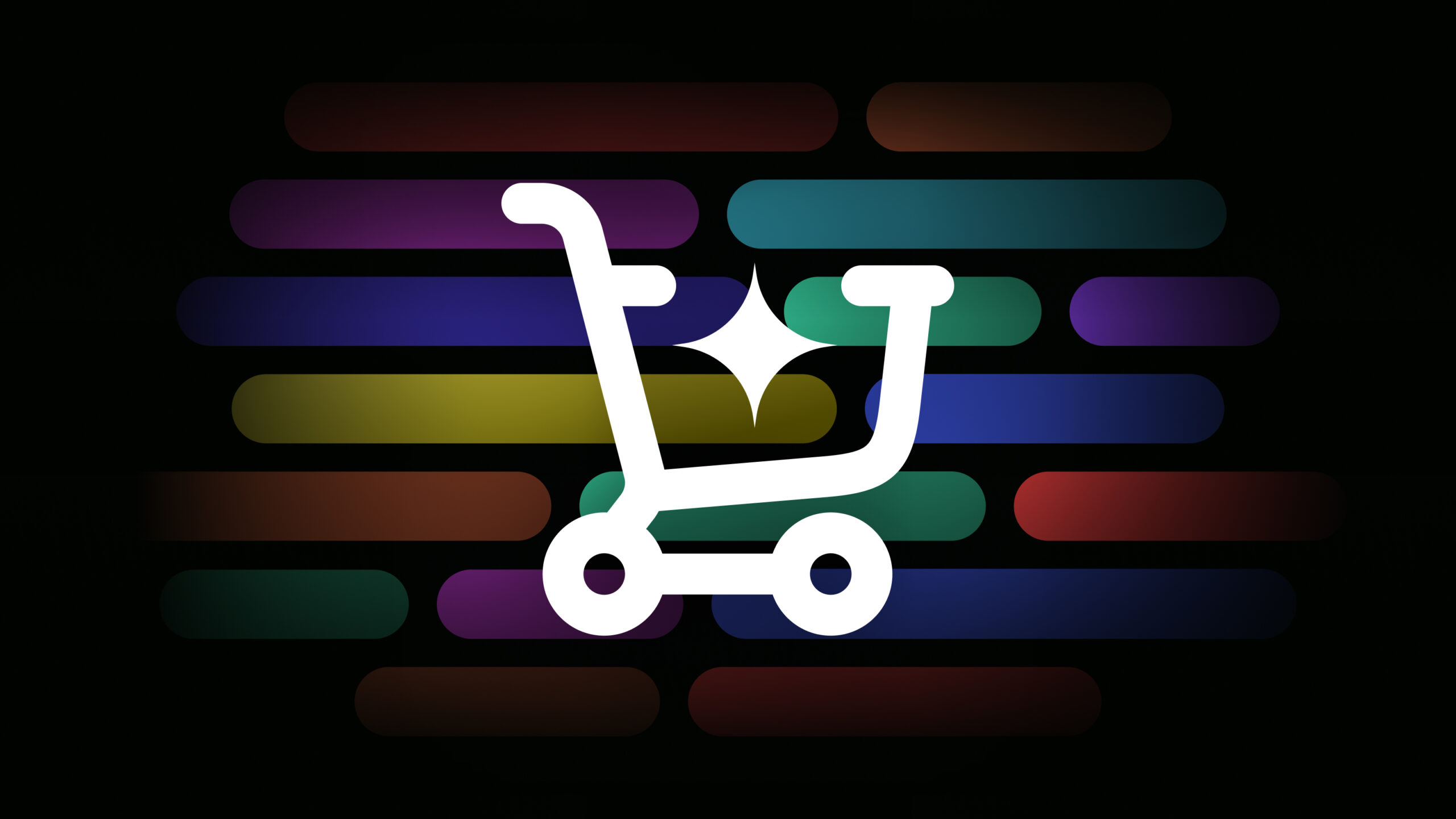



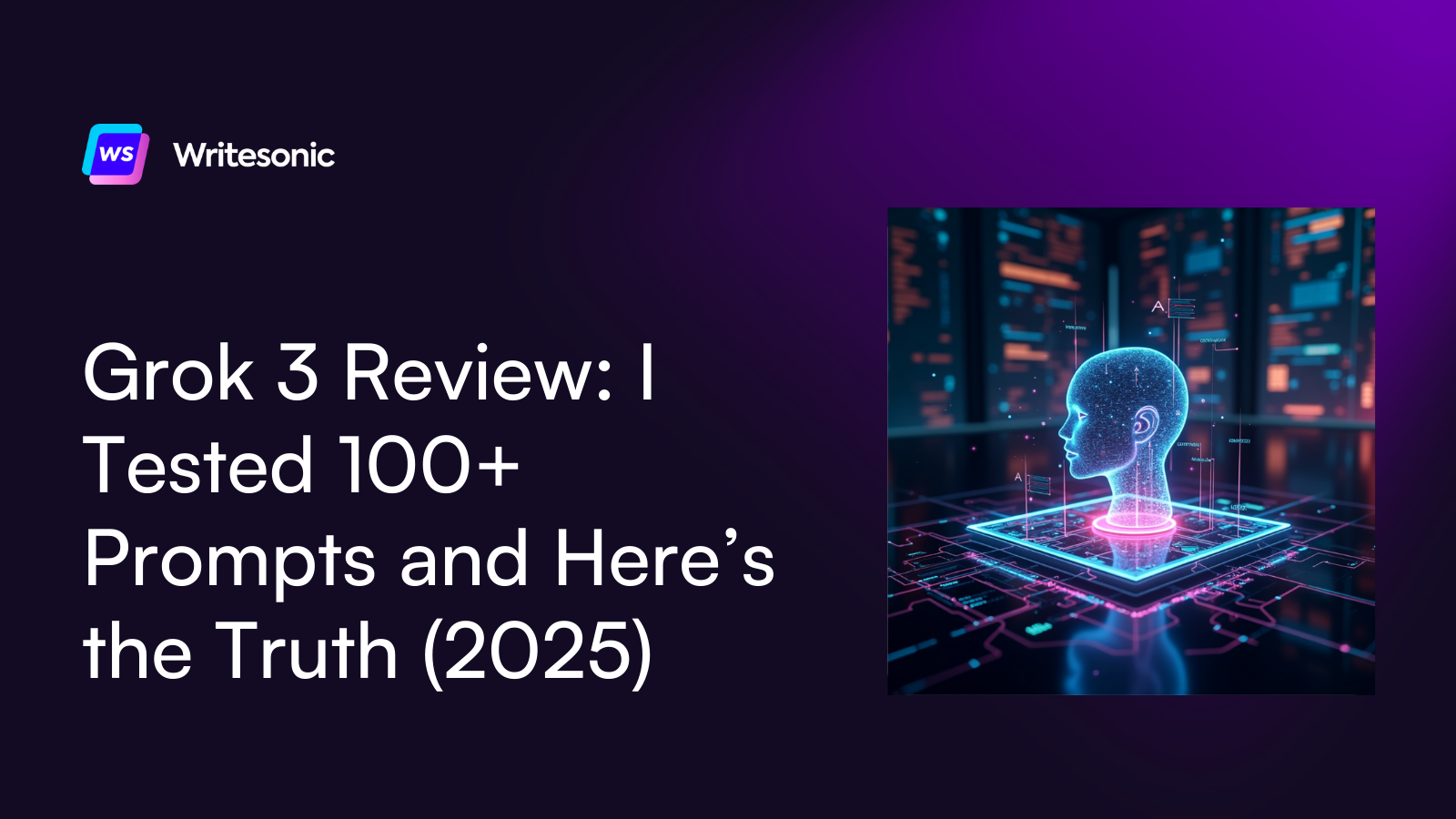

![What is Grok 3? A Detailed Guide to the AI Model [+Examples]](/wp-content/uploads/7.1-2.png)
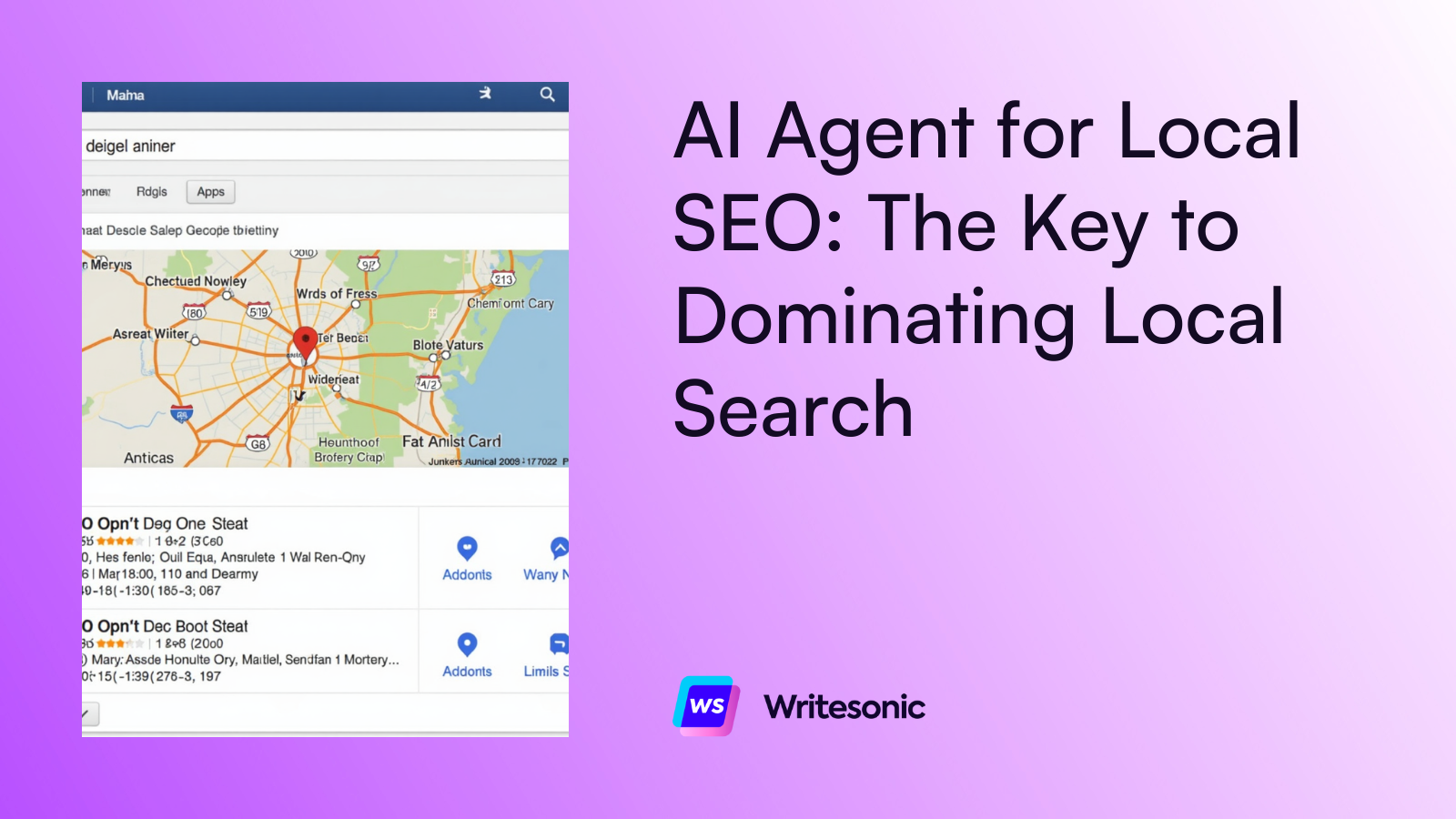

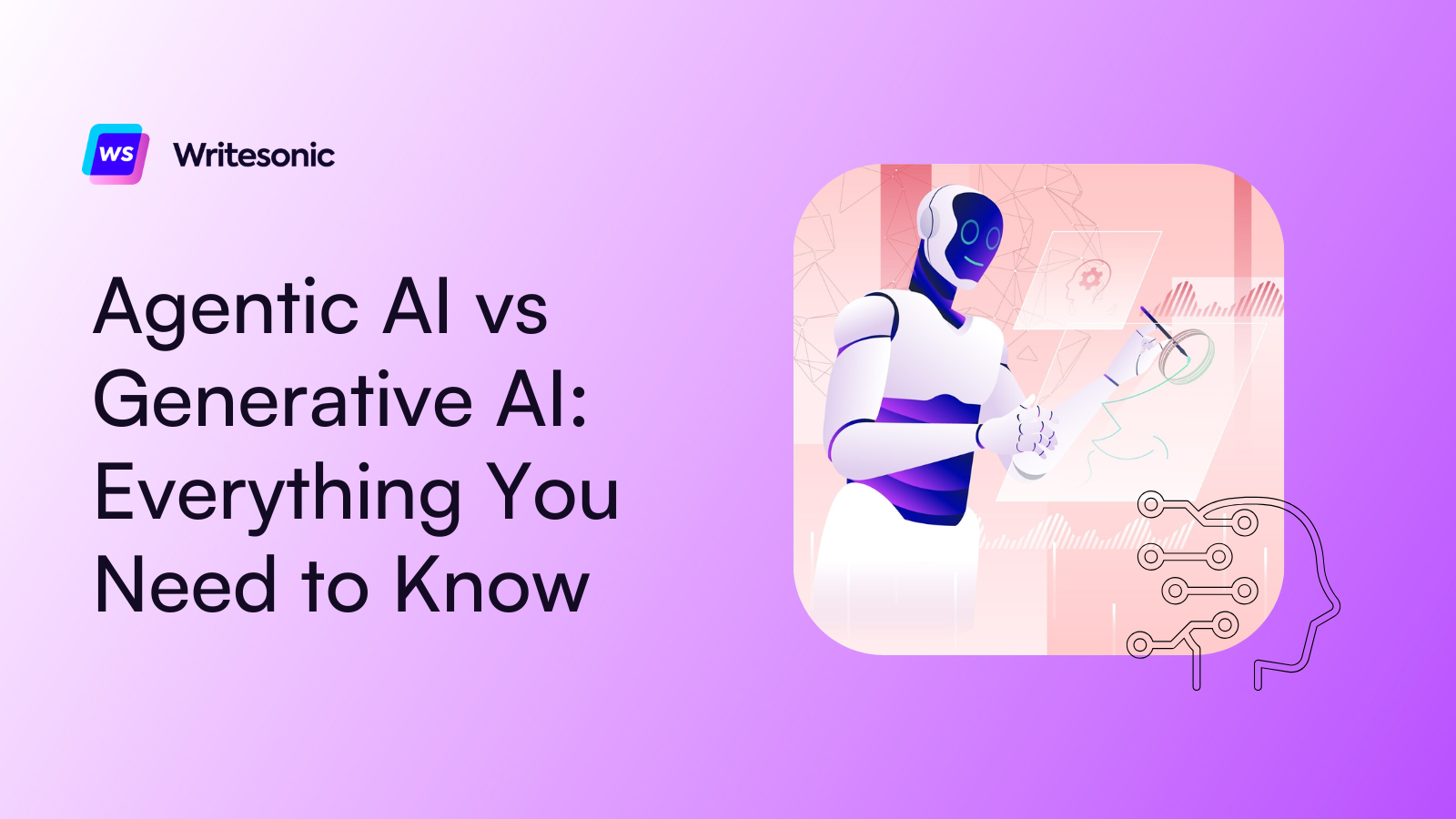

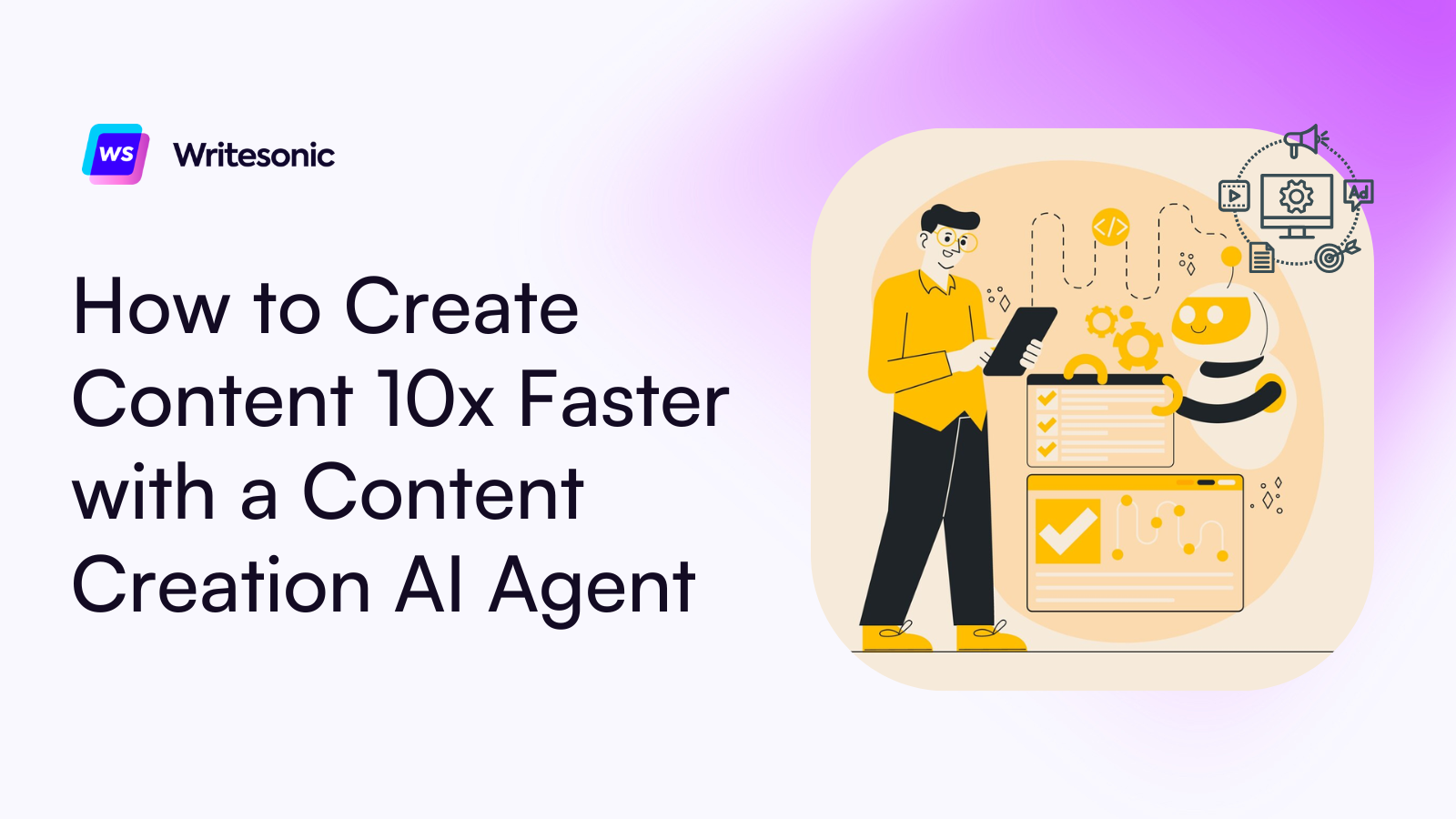
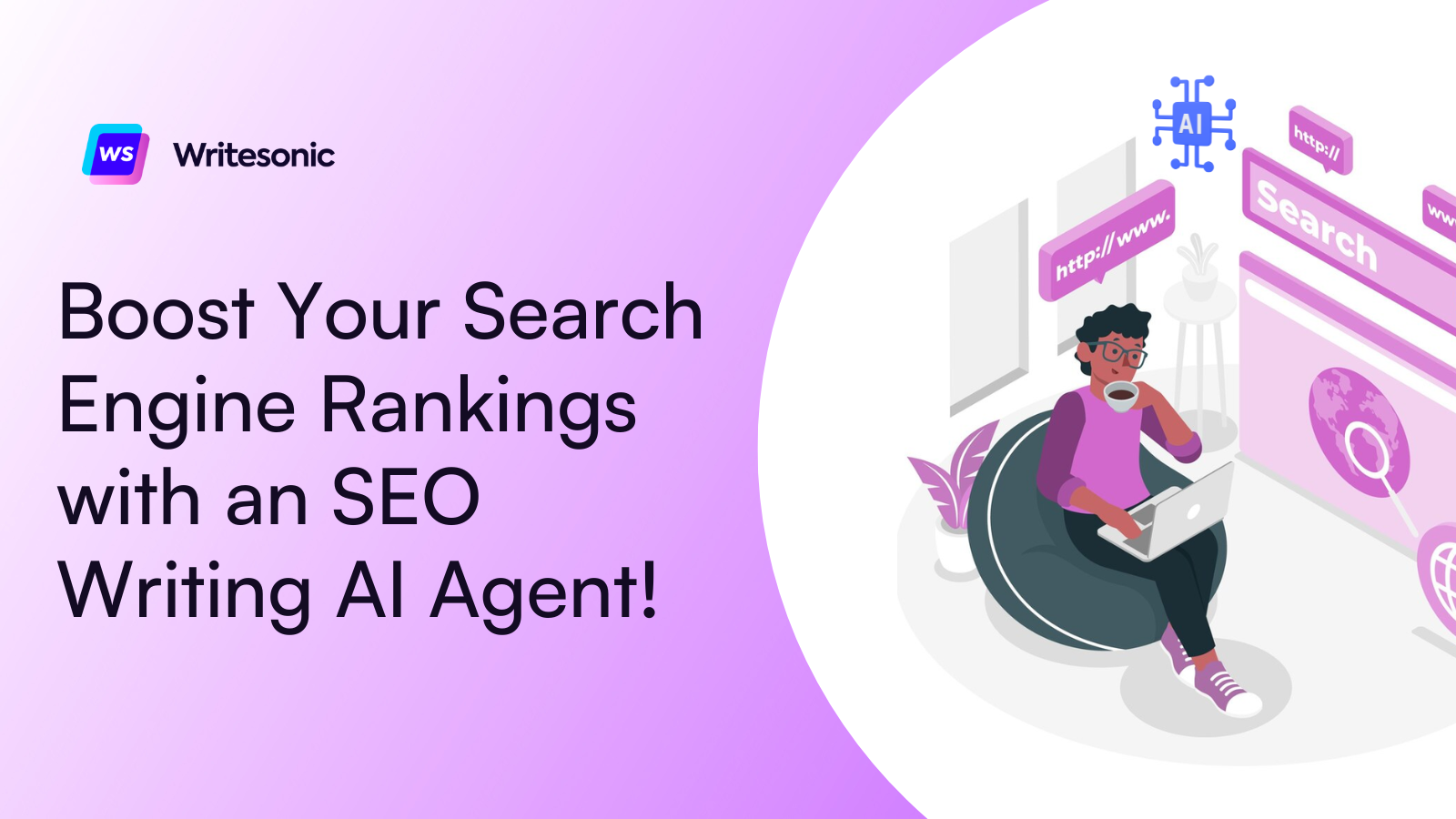


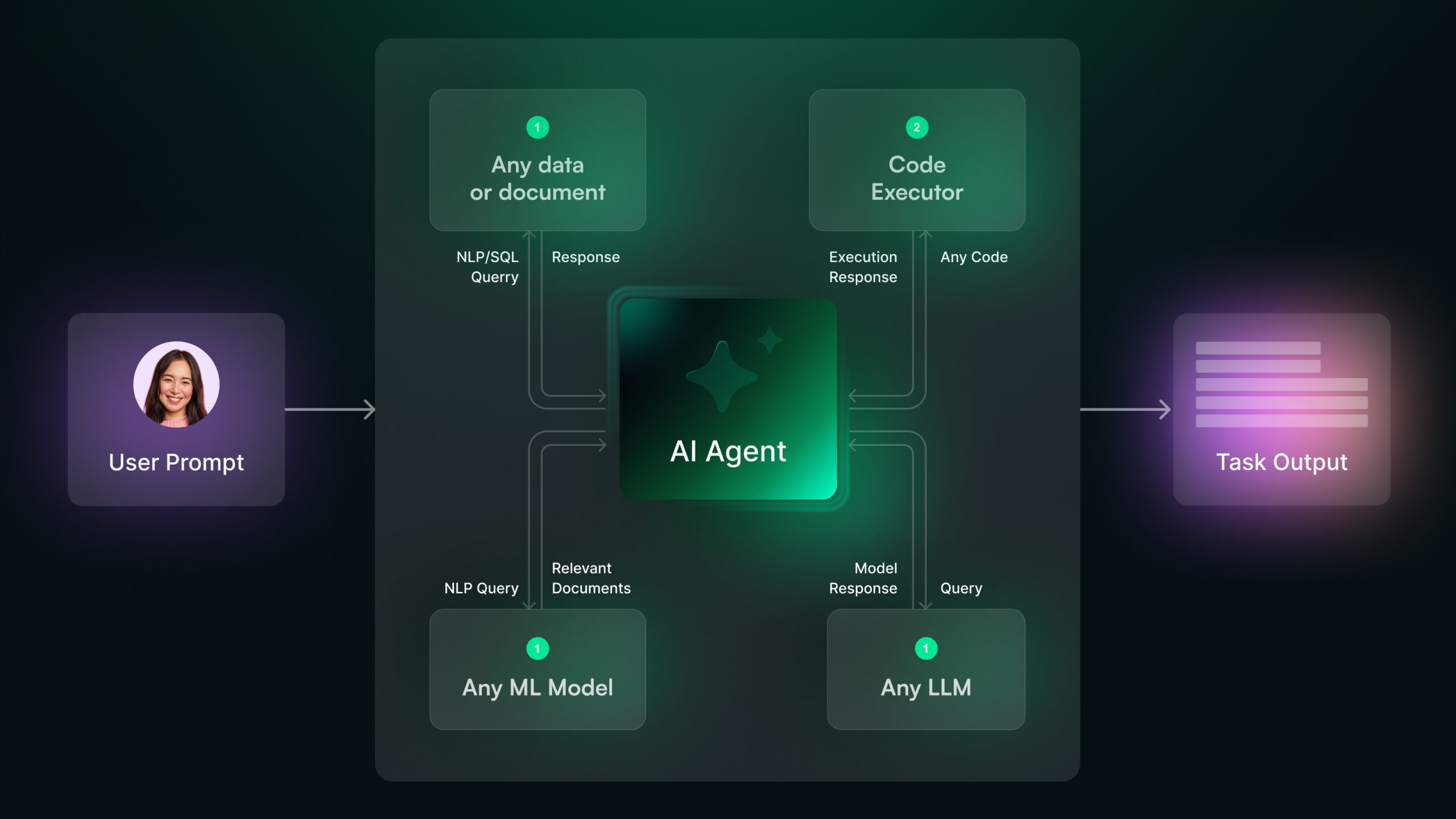
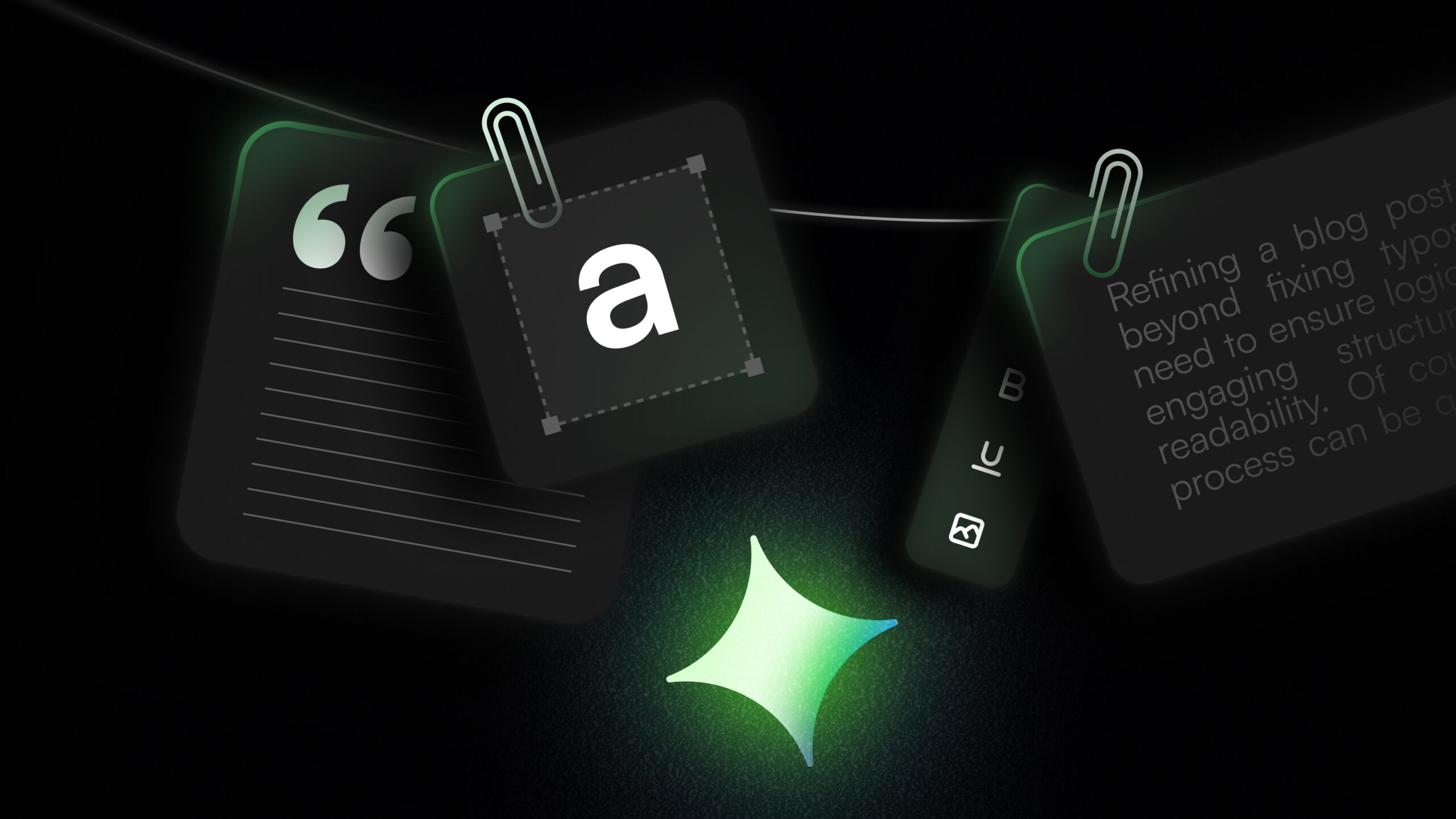


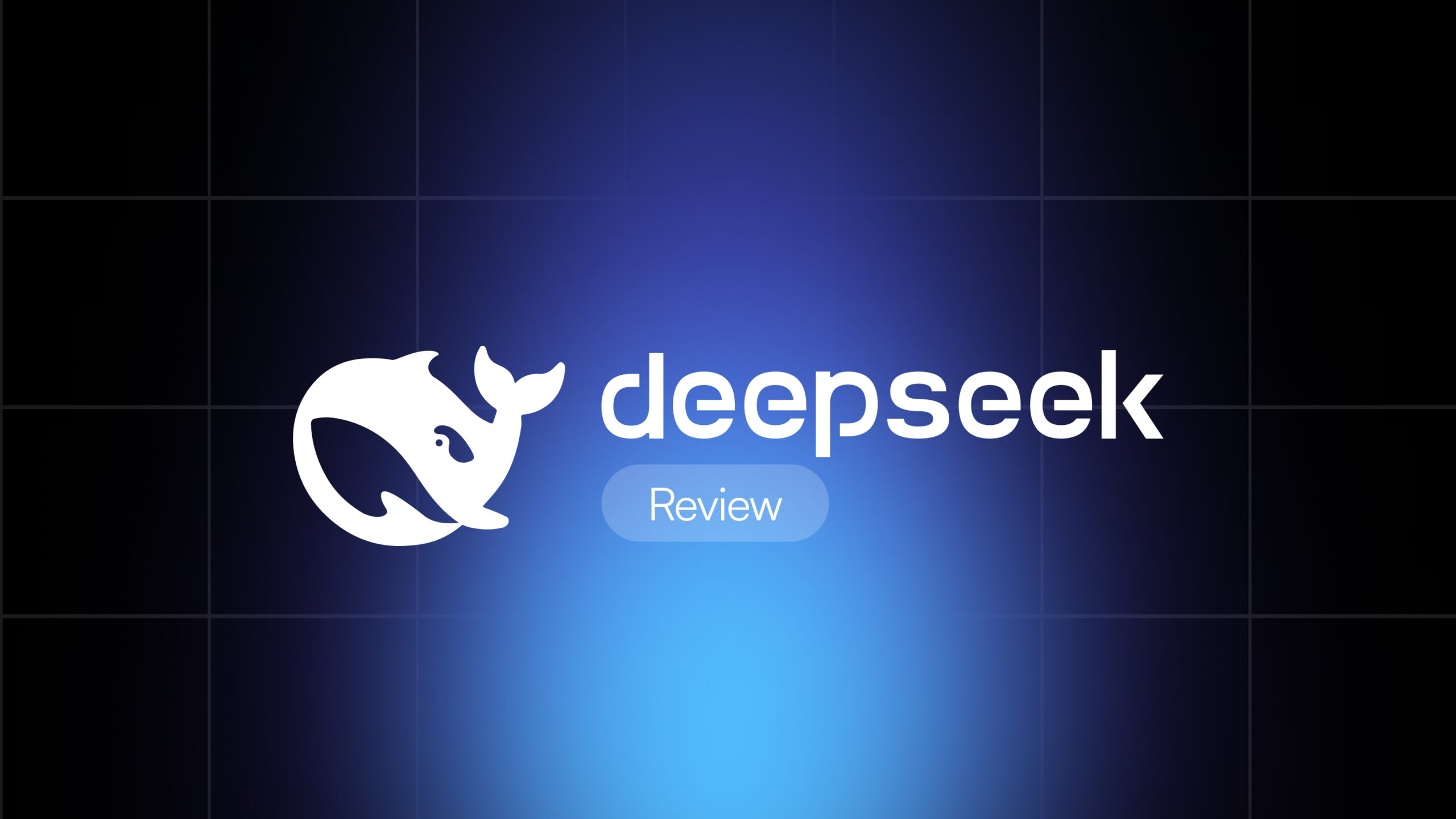

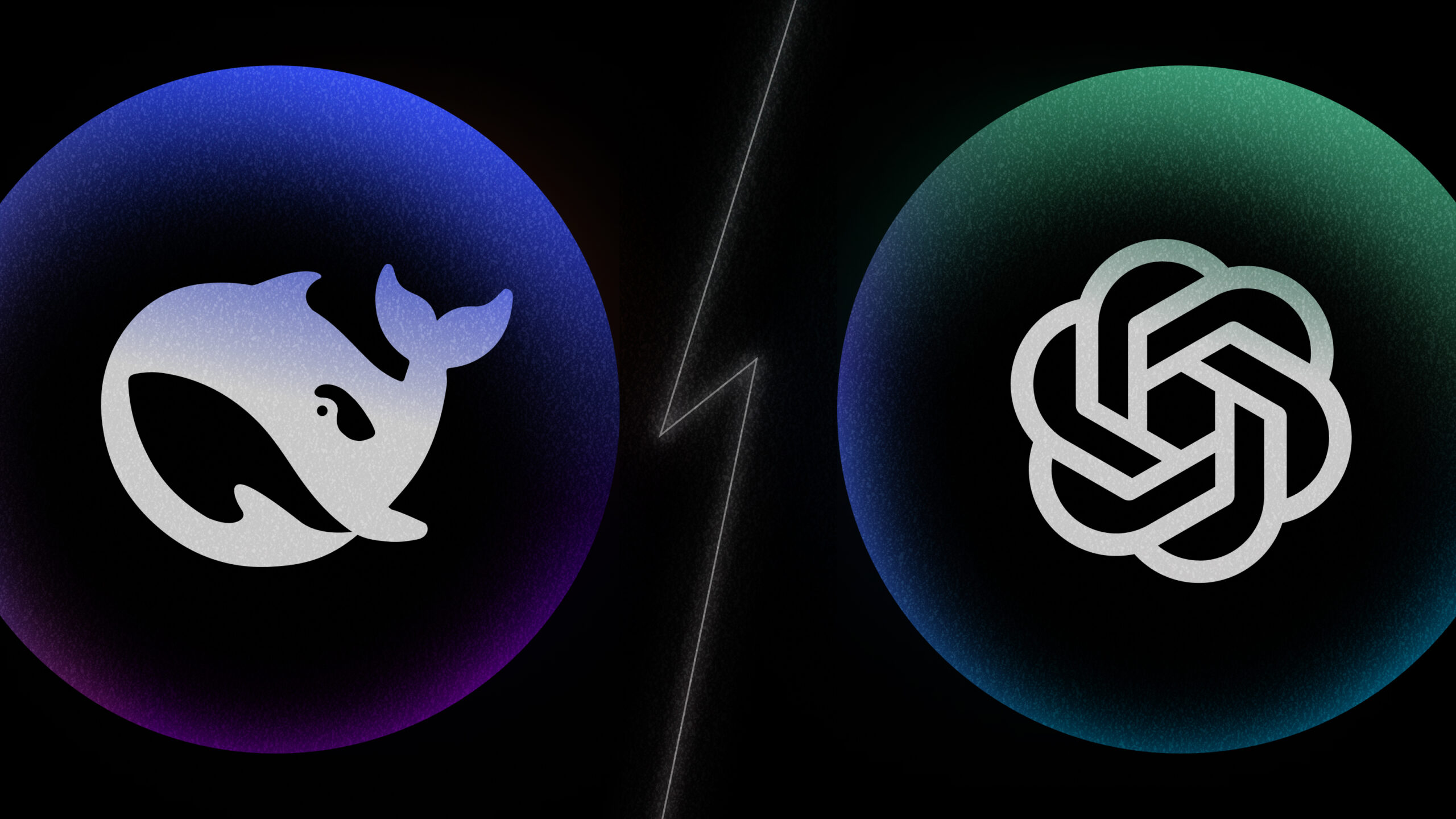

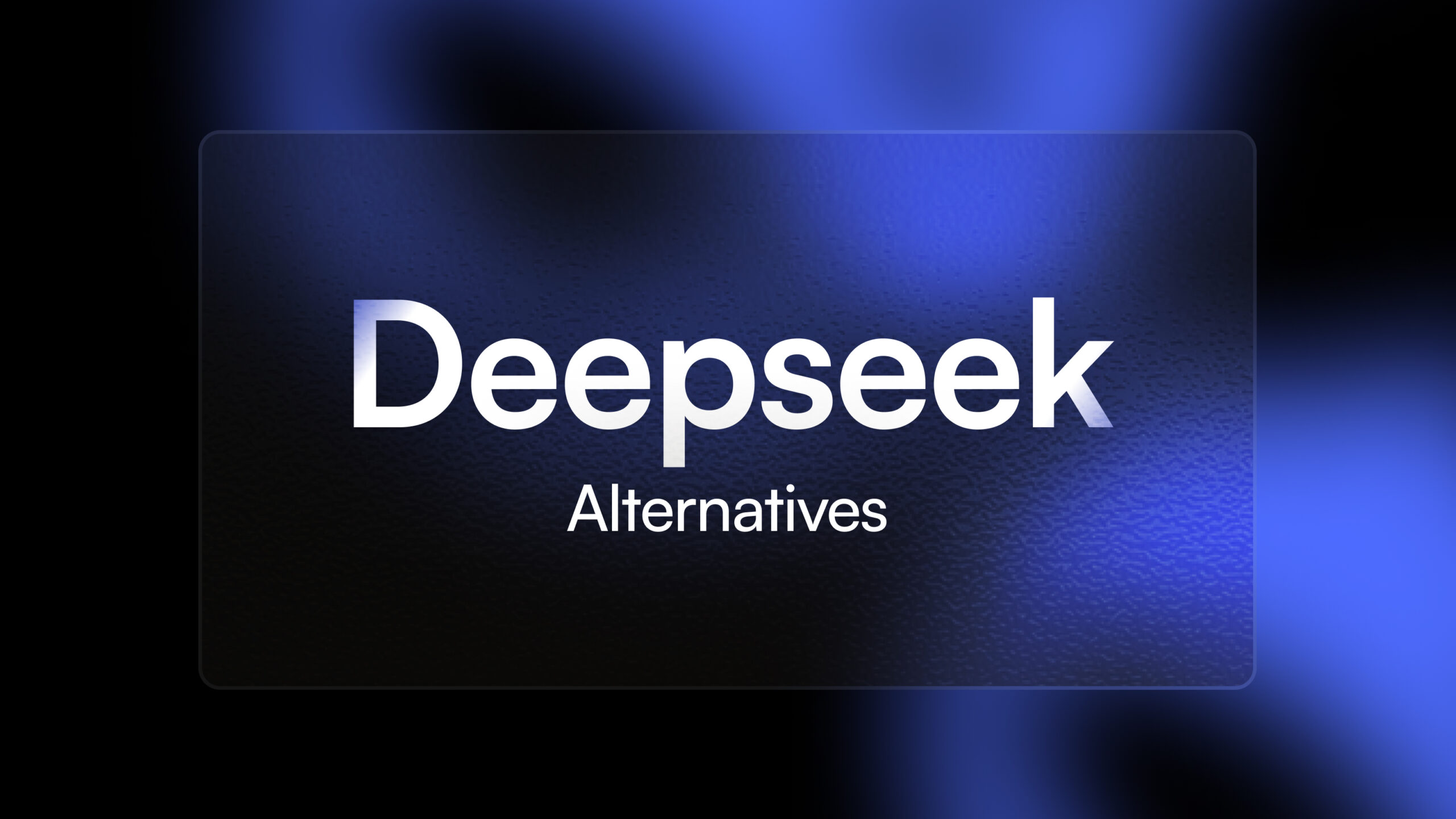


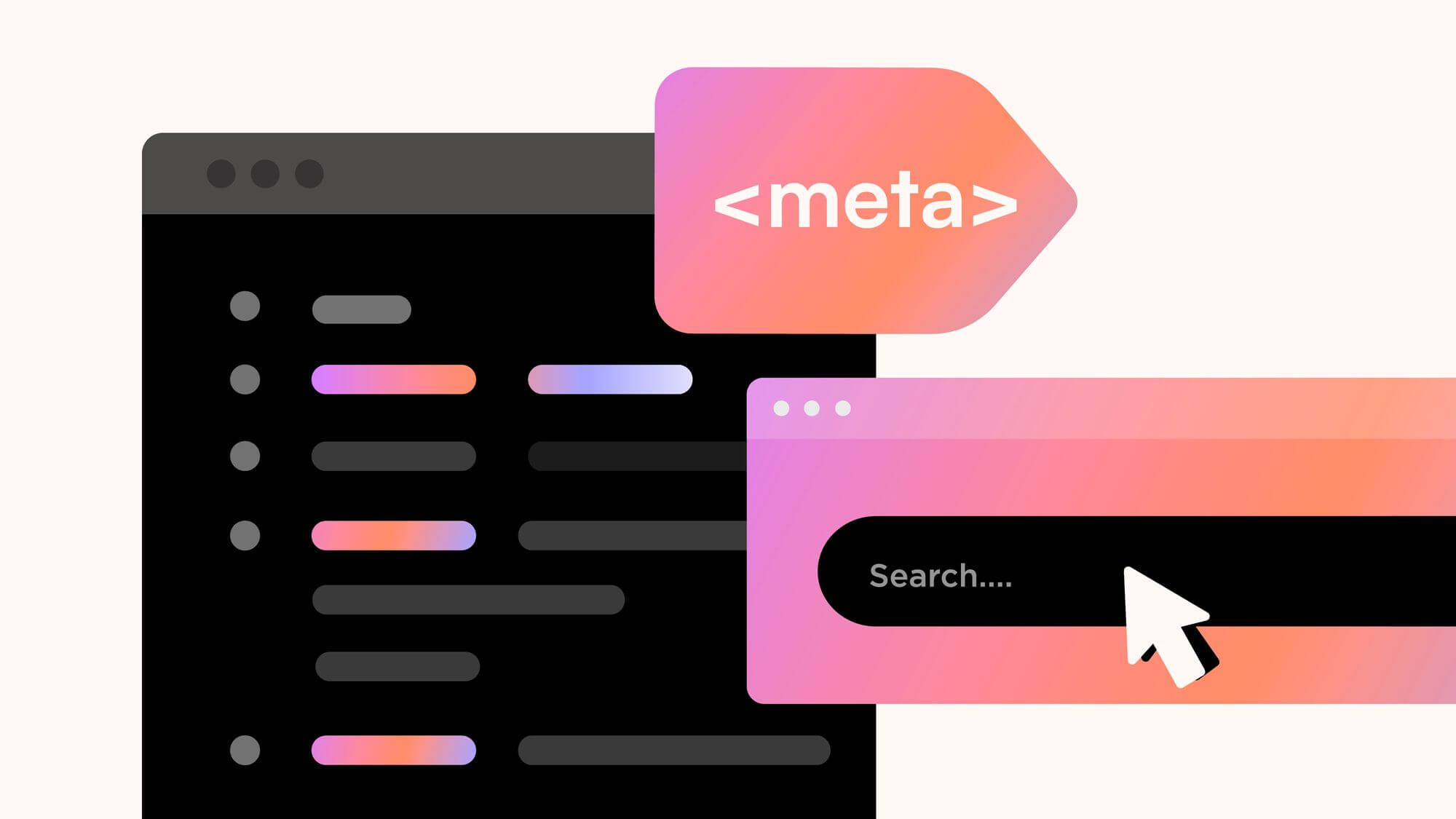

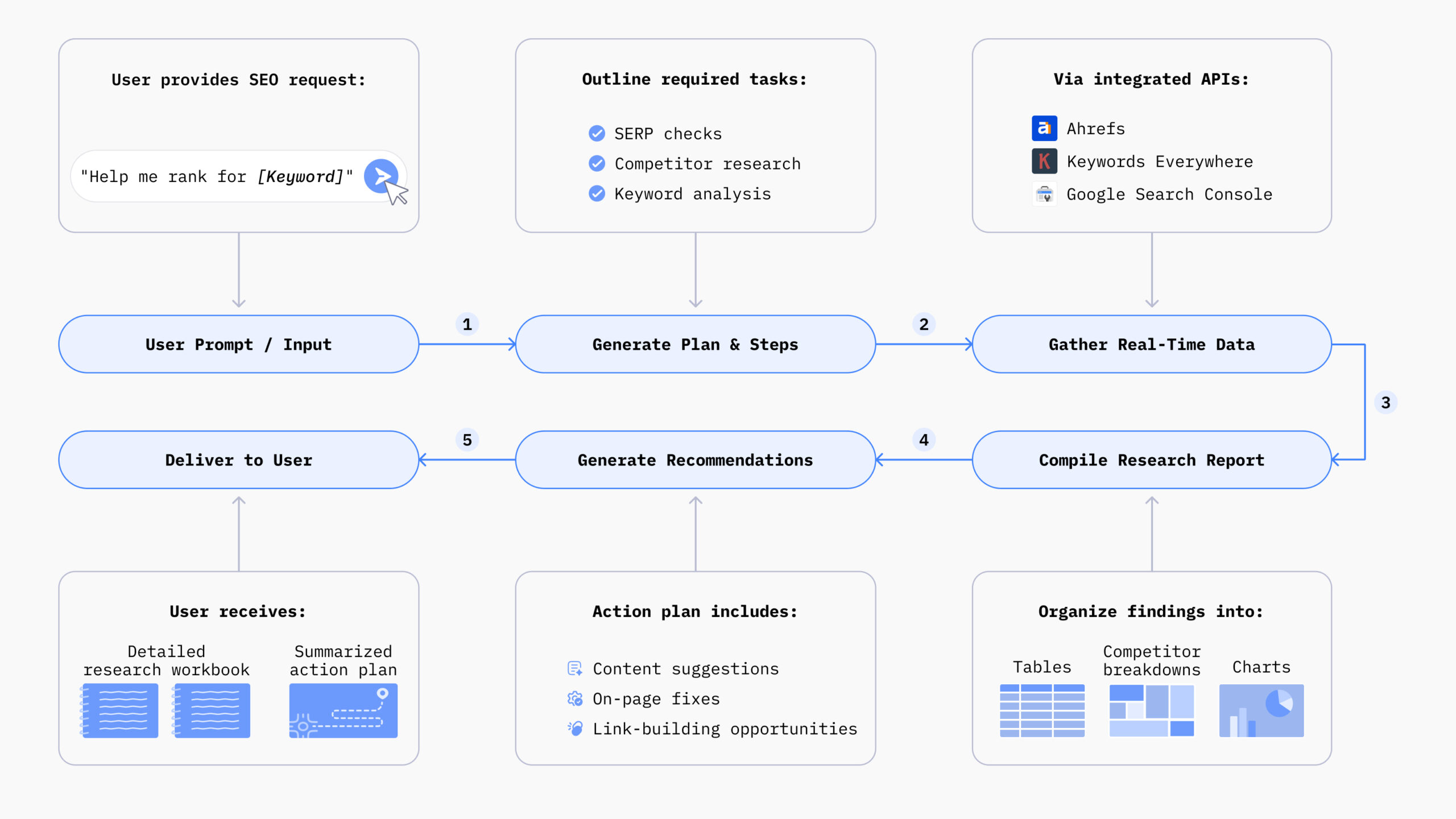





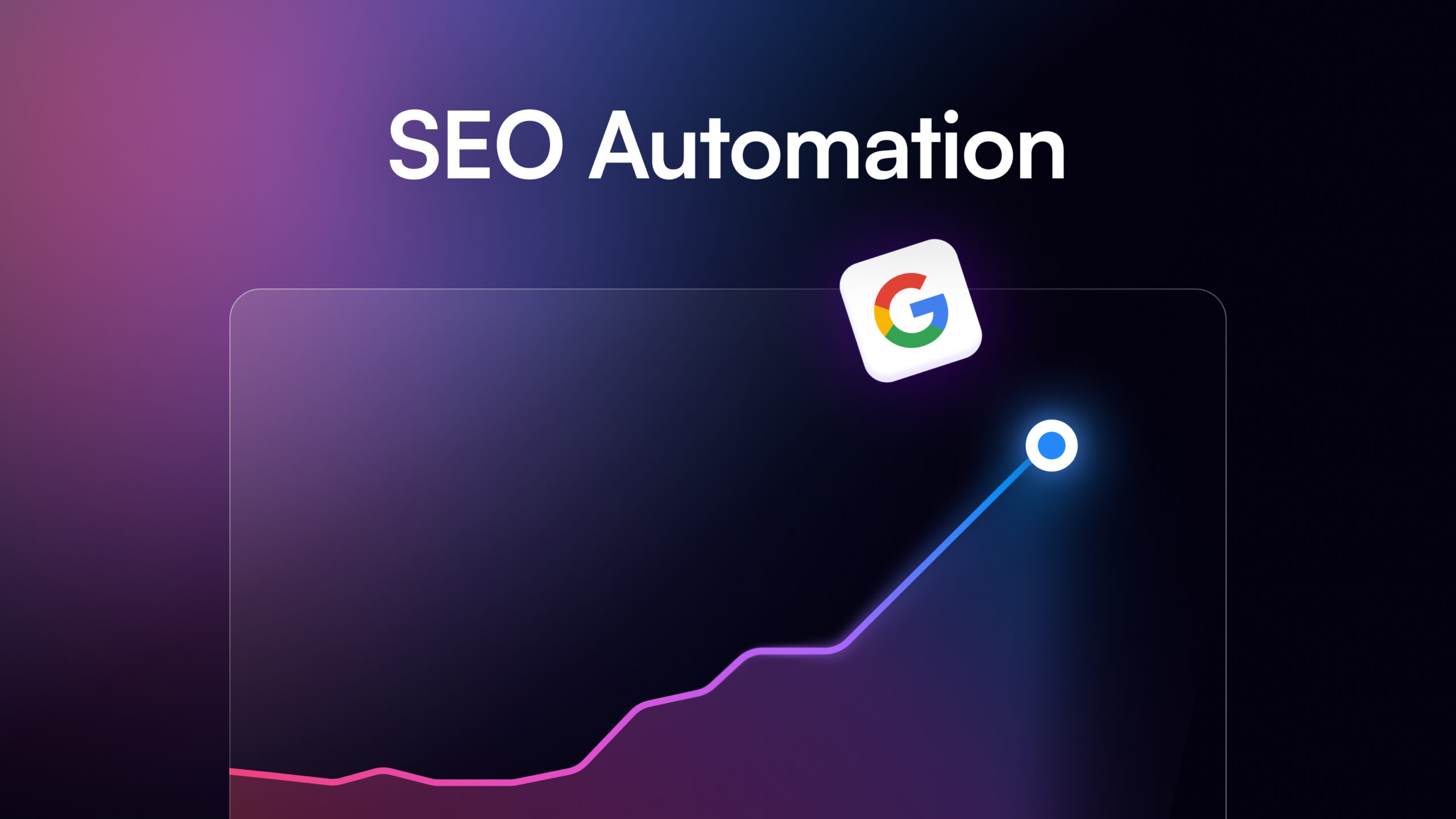

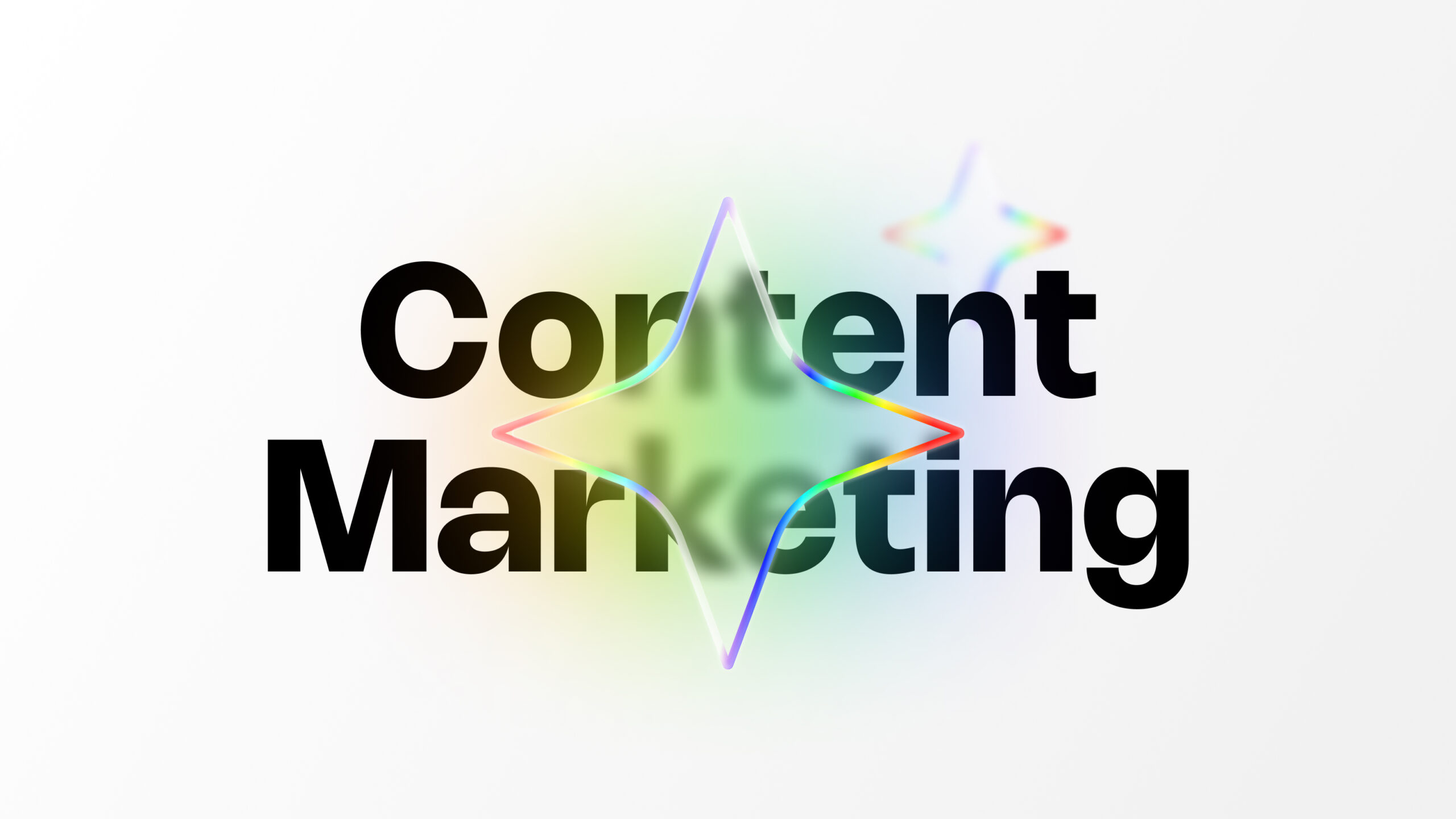

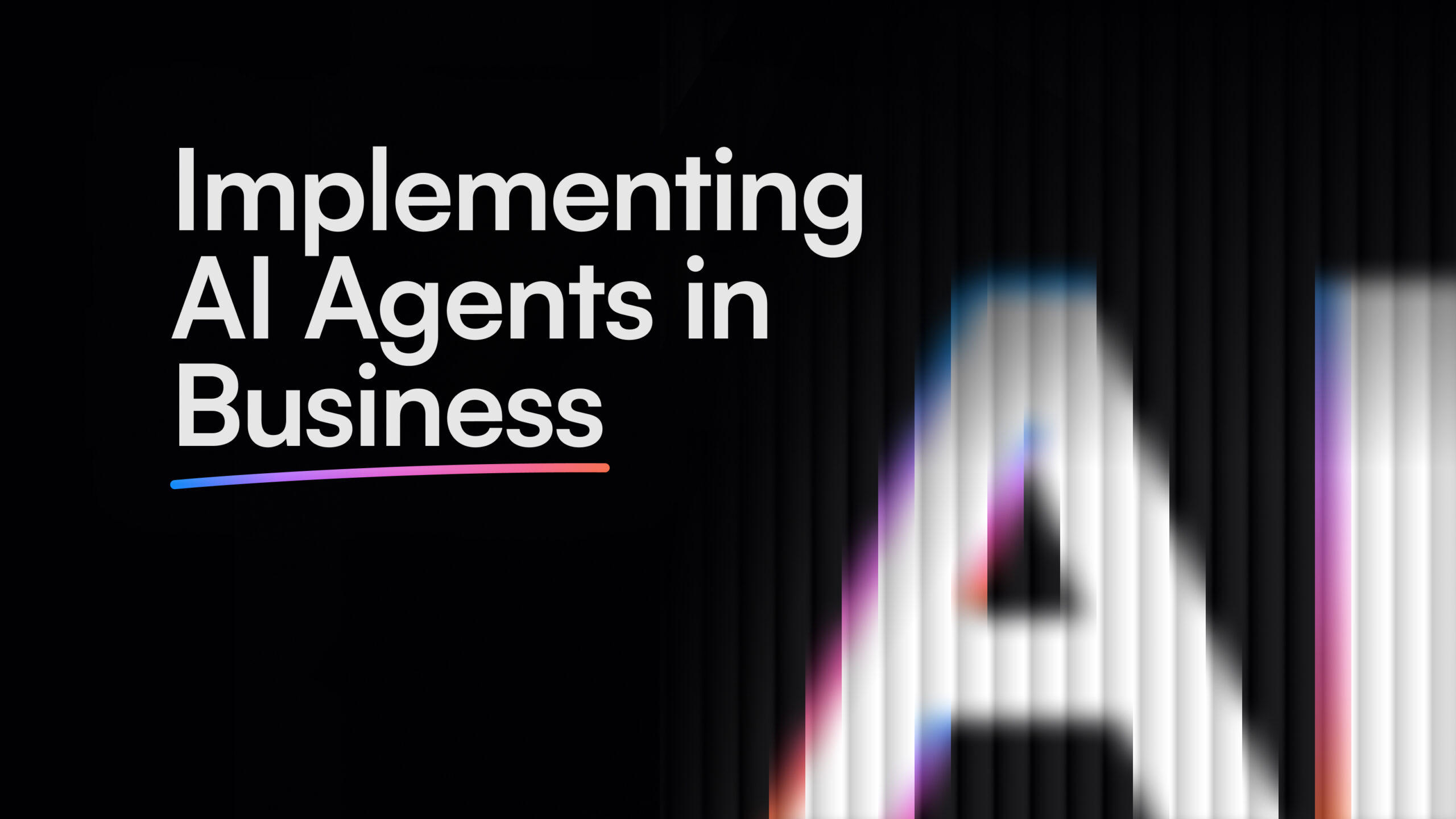
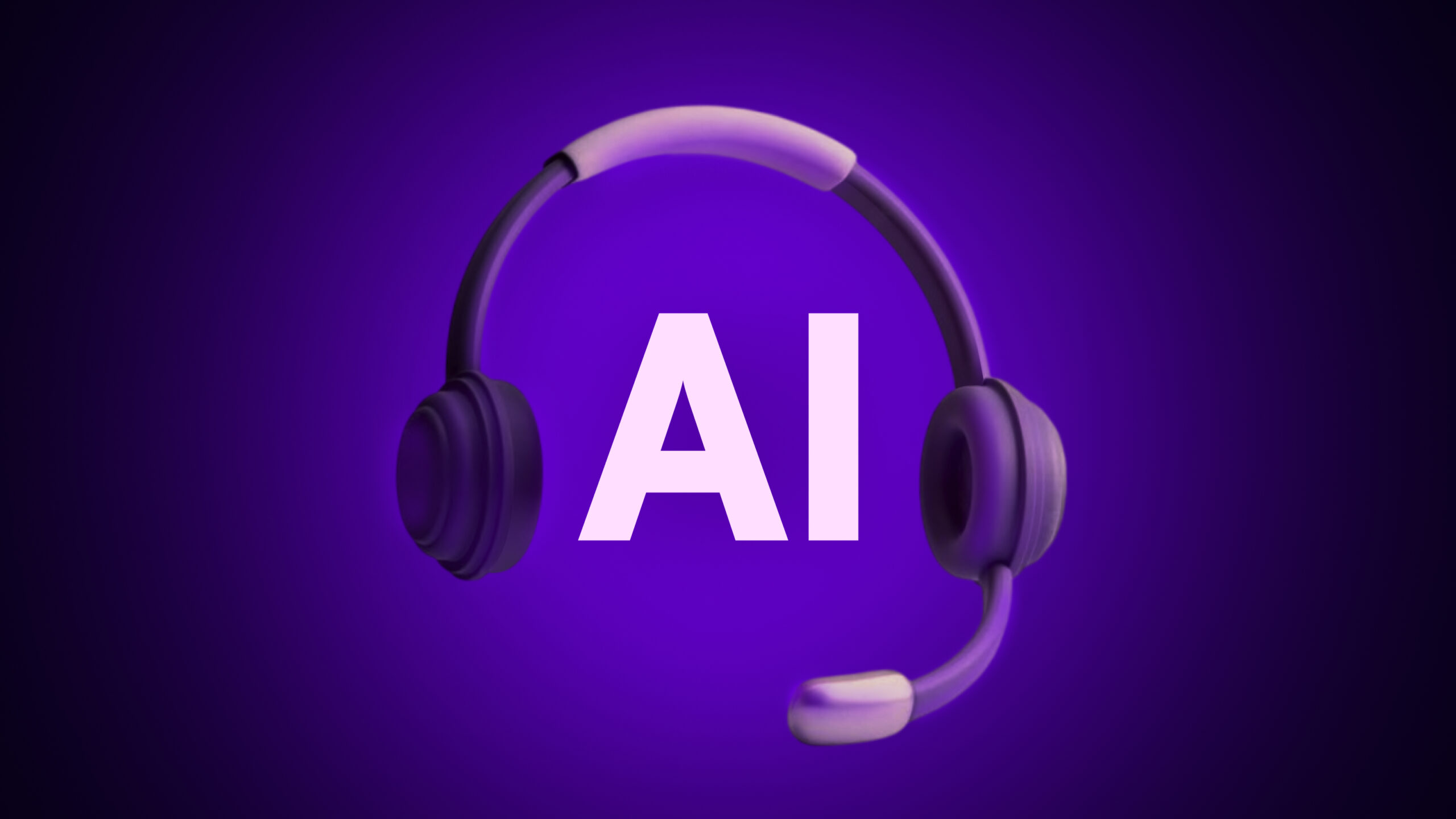
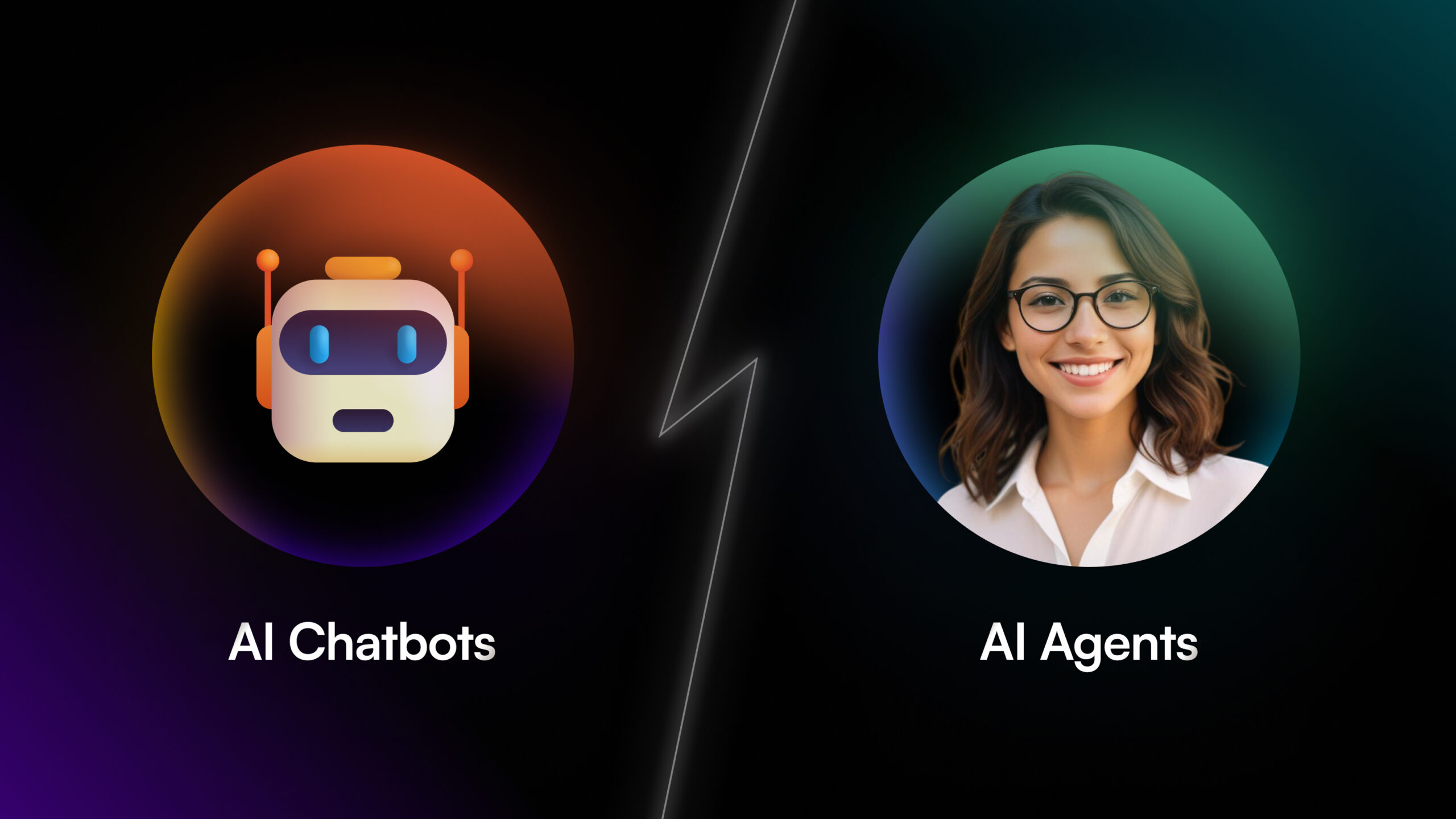
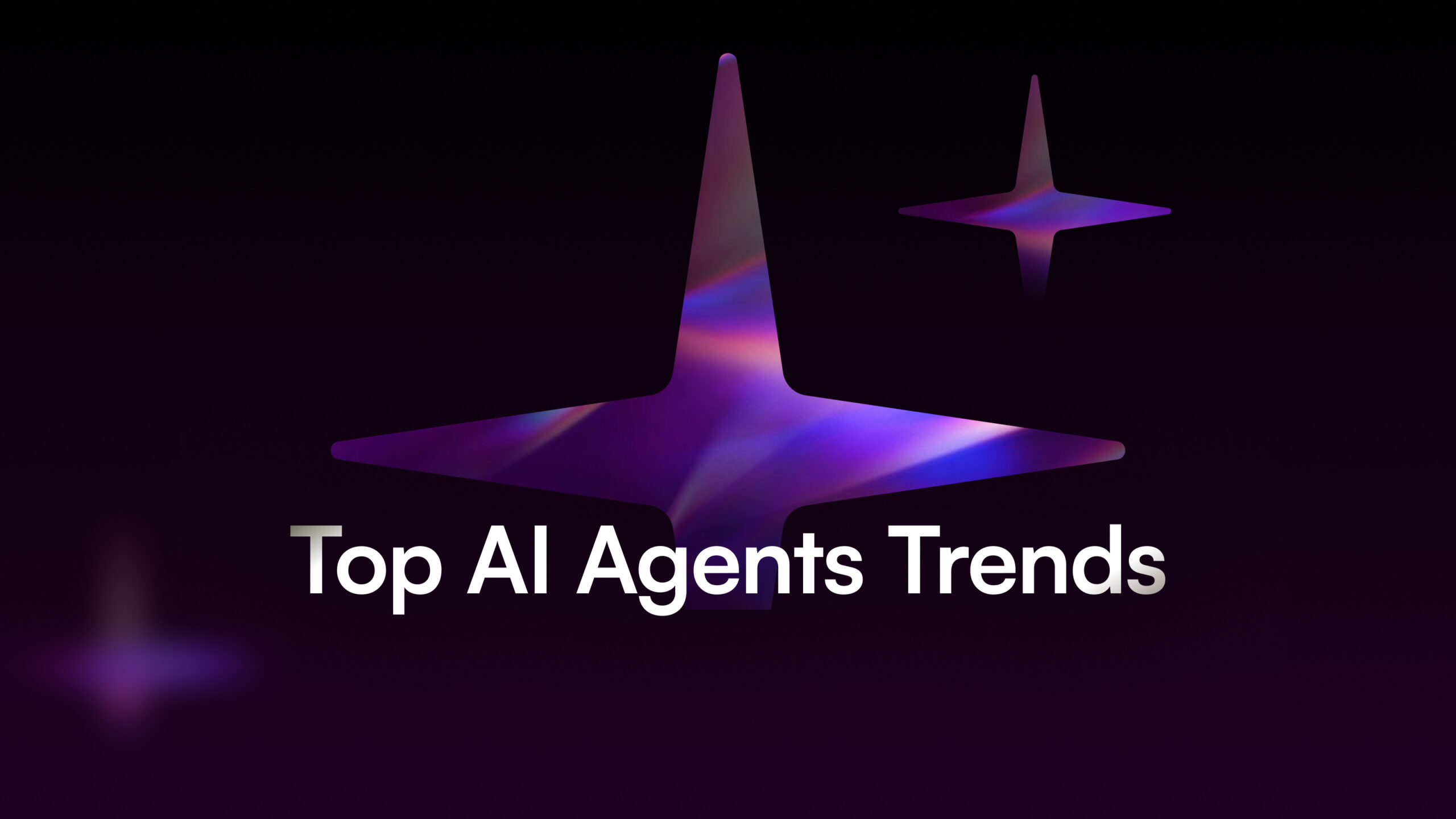

![How to Scale Your Business Using B2B AI Agents [+ Tools to Try]](/wp-content/uploads/B2B-AI-Agents-scaled.jpg)
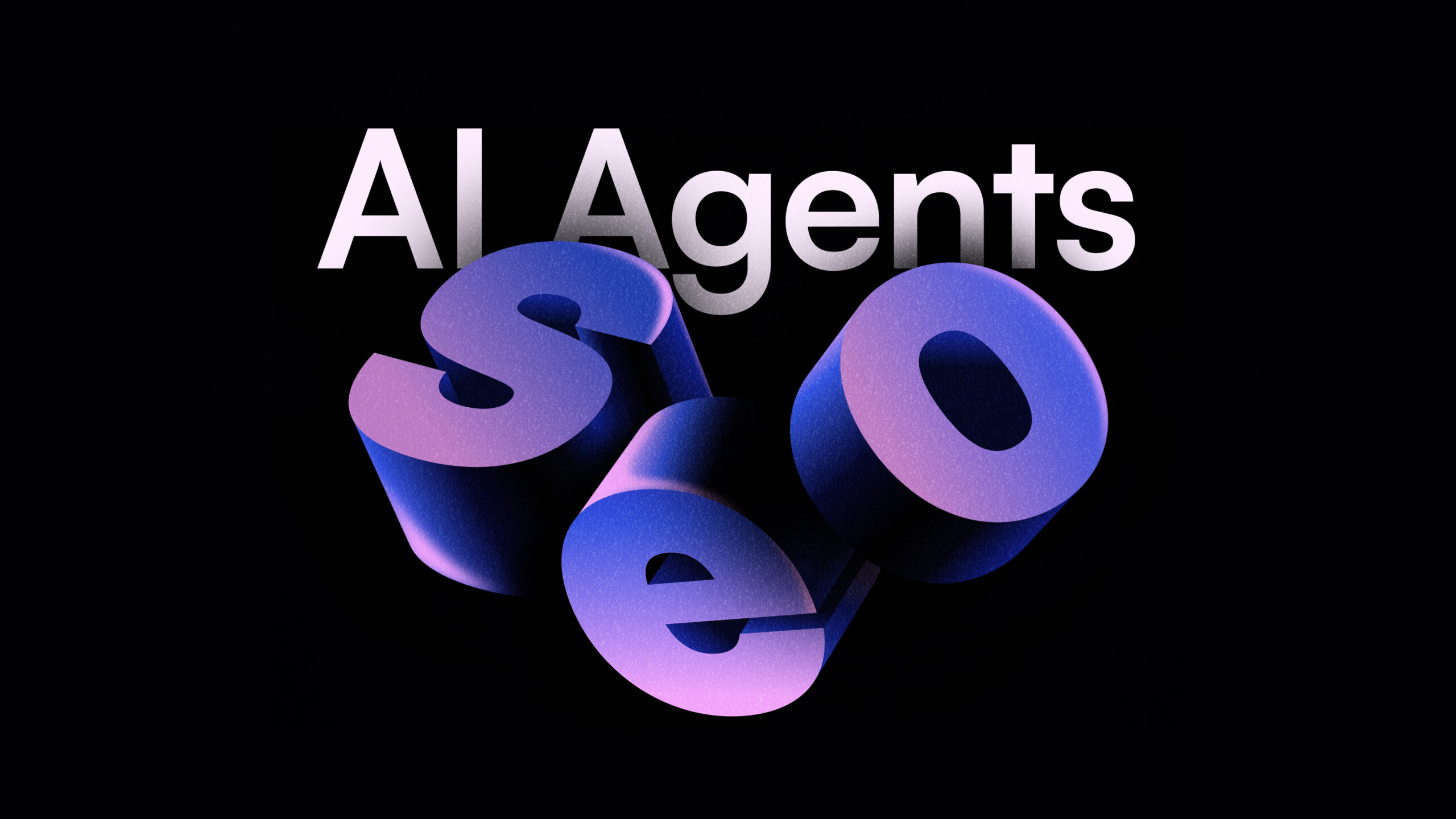
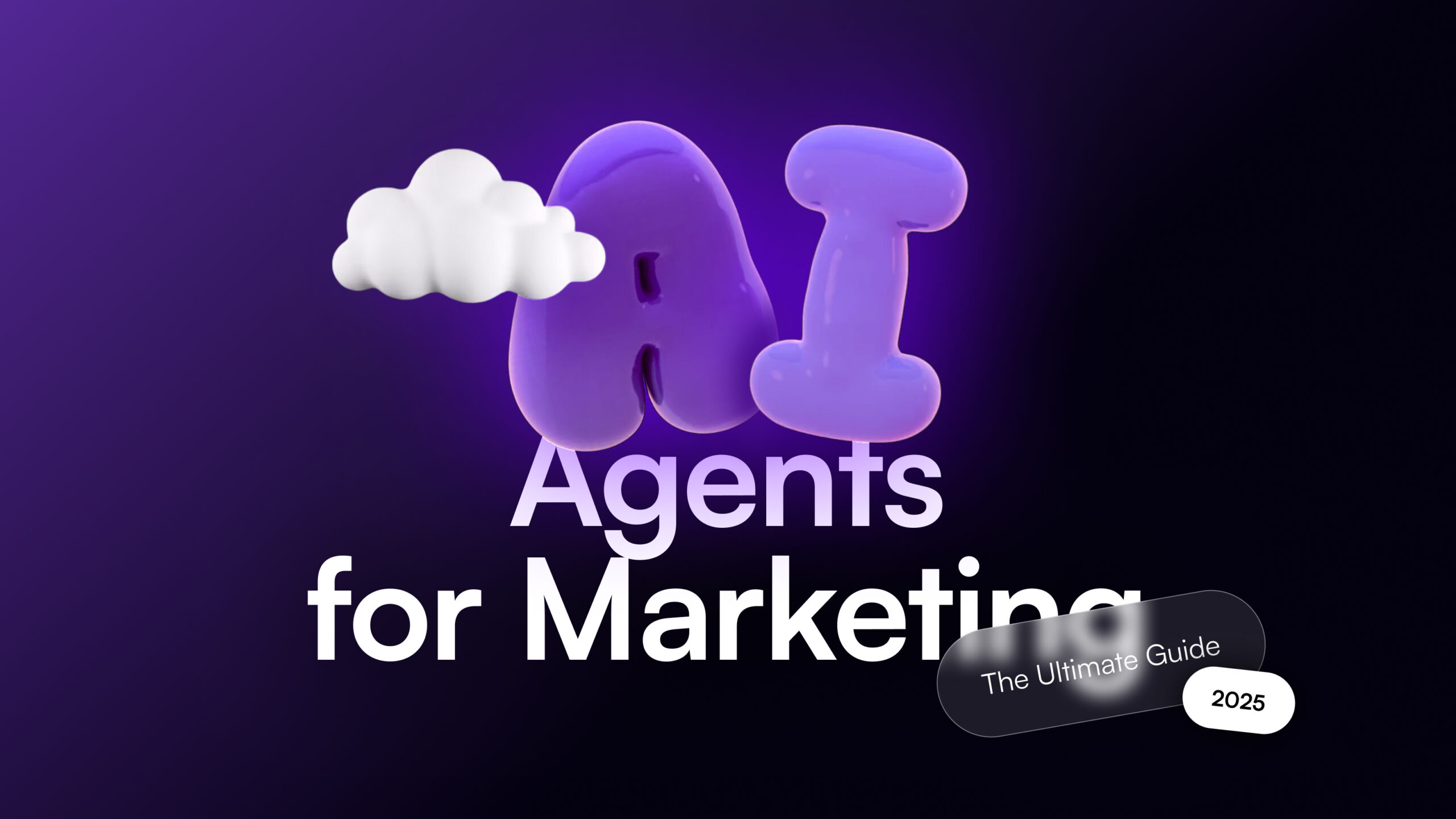
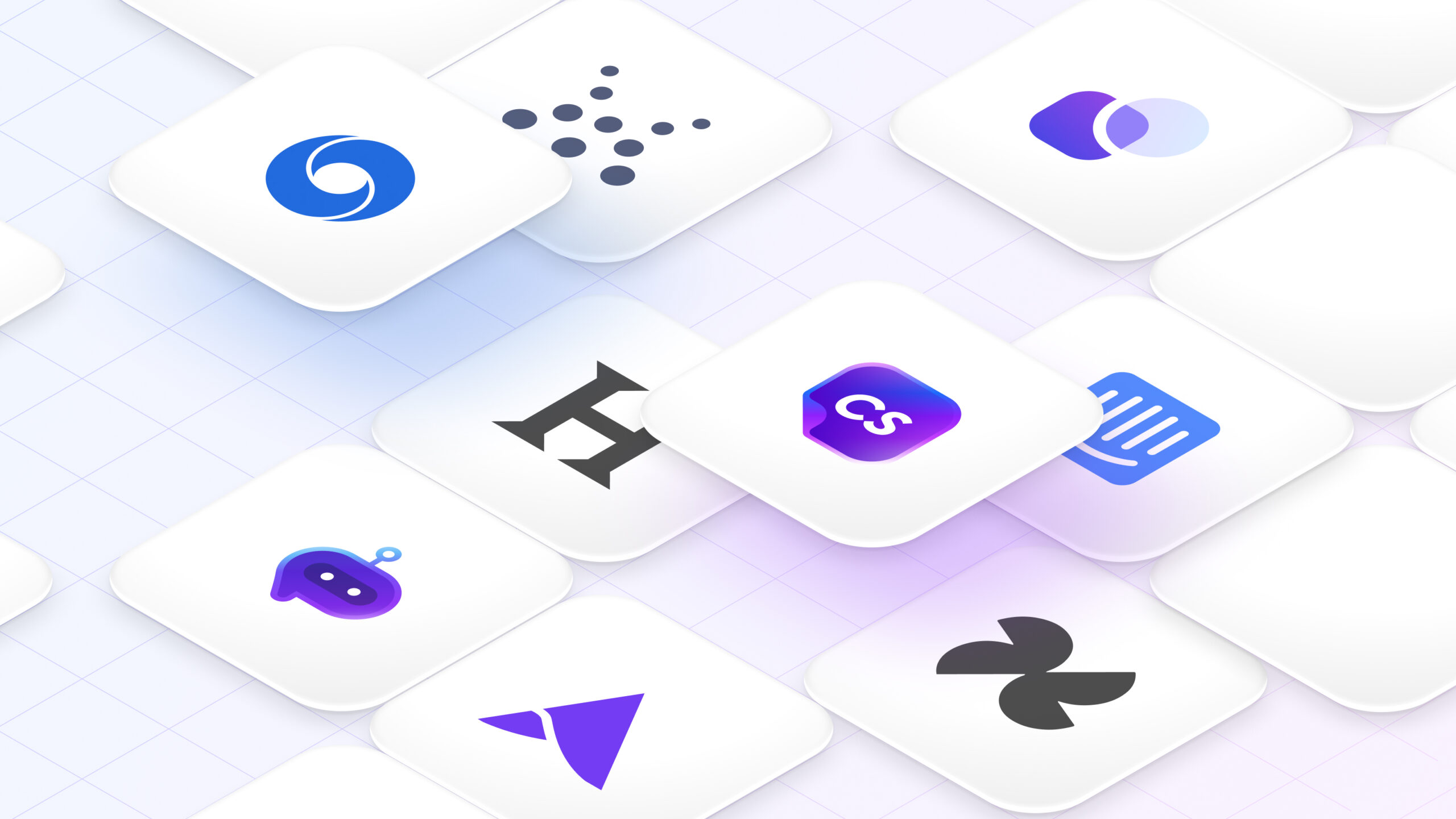
![40 AI Agent Use Cases Across Industries [+Real World Examples]](/wp-content/uploads/AI-Agent-Use-Cases-1-scaled.jpg)
